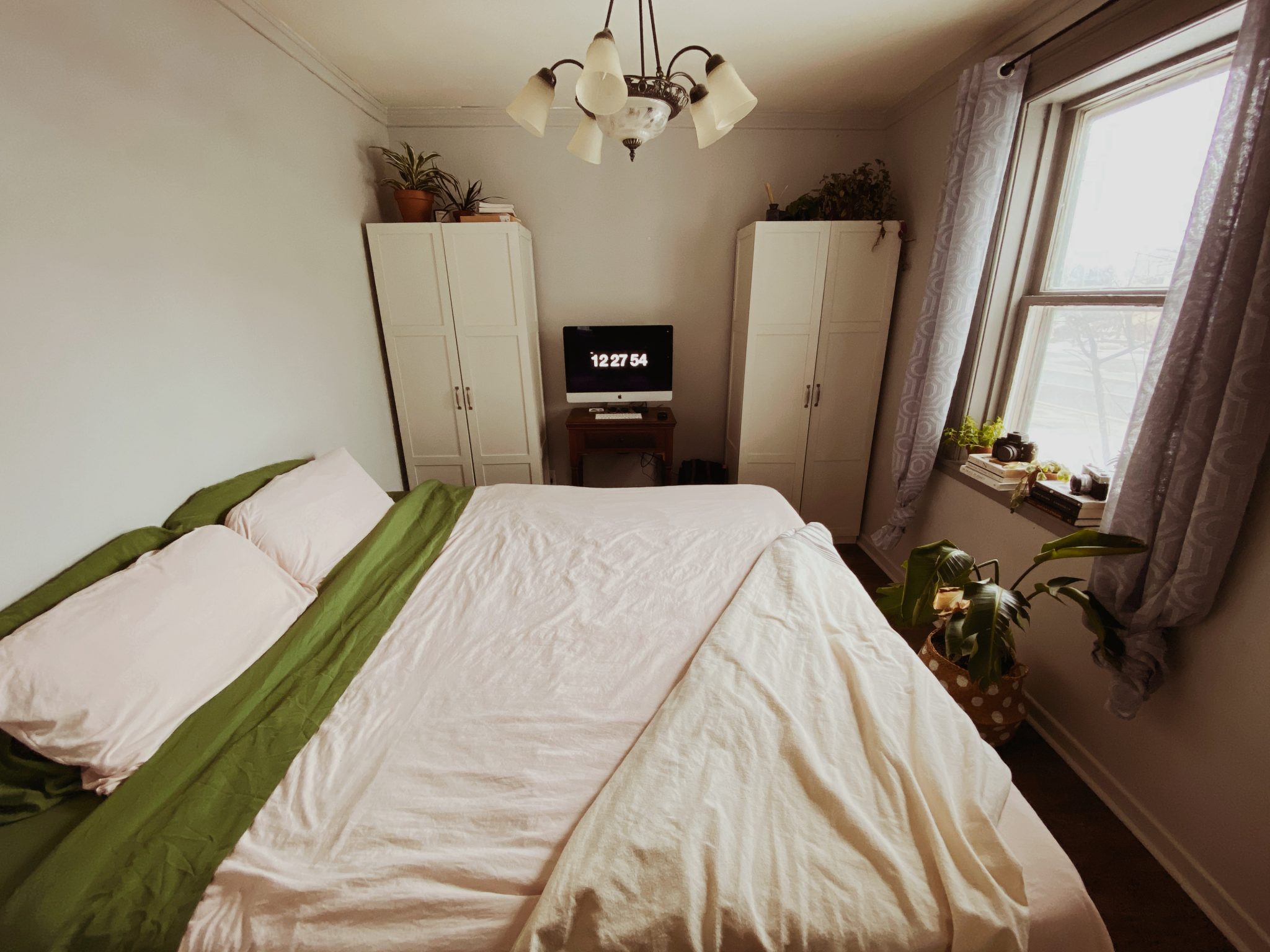Adopting positive habits to better your sleep routine

We need sleep! It’s an undeniable fact of life. Without it, our chances of high blood pressure, diabetes, depression,anxiety, heart attack or stroke all skyrocket. So, it seems only logical to start prioritizing sleep.
Sure, we’re relatively young now but really, how long does that last? Here are a few ways to improve your sleep habits to better your health.
Exercise during the day
Get that energy out! It only makes sense that the more energy you expel during the day, the less you’ll have at bedtime.
“Moderate aerobic exercise increases the amount of slow wave sleep you get,” a report by Johns Hopkins Medicine said. Slow wave sleep—also referred to as deep sleep—is notoriously known as the most important of the four phases of sleep.
However, it’s important not to work out right before sleep. Aim to exercise at least 1-2 one to two hours before your scheduled bedtime. According to Johns Hopkins Medicine, exercise releases endorphins, which can keep some people awake longer than they’d like.
Avoid caffeine and nicotine before bed
Stimulants are almost never the answer to our problems, but this sentiment holds especially true when it comes to sleep.
The MD Anderson Cancer Centre at The University of Texas suggests you should “limit caffeine intake to less than two servings per day, and don’t drink after noon.”
The same goes for smokers, stating that “tobacco users who break the habit usually are able to fall asleep faster and sleep better once withdrawal symptoms subside.”
If smoking is hindering your ability to sleep, take a look at Allen Carr’s book Easy Way to Stop Smoking. Believe me, I know it sounds like a gimmick but take it from a former heavy smoker, it isn’t.
And yes, it is applicable to those who vape.
Avoid lounging around in bed all day
This technique has been by far the most effective for me. As someone who loves to do the majority of their work from the comfort of a mattress, it’s a hard habit to break.
By spending your entire day under the covers, you begin associating that space with wakefulness rather than sleep. The more time you spend away from your bed, the more sleepy you’ll notice yourself once it’s an appropriate time to be there.
And if you’re struggling to fall asleep, leave your room for ten 10 minutes and return with a newfound exhaustion. It may feel strange, but it works.
Limit your naps
I have sworn off napping. Back in high school, it was quite common to find me passed out come dinner time, struggling to understand why my 6:00 am wake-up call was such a struggle.
“Long daytime naps can interfere with nighttime sleep,” according to the Mayo Clinic. “If you choose to nap, limit yourself to up to 30 minutes and avoid doing so late in the day.”
Not only is it far too common to wake up groggy as hell, napping throws a wrench right into your sleep schedule. So, be cautious of when and how long you nap during the day.
Create a bedtime routine
“The issue is that if we’re regularly working against how our biology is organized, our bodies will find it hard to function,” said Michael Twery, director of the National Centre on Sleep Disorders Research, in a 2018 interview with Healthline.
Creating a biologically-friendly sleep routine can be important. Not only do we need seven to eight hours of sleep every night, it is also important to be sleeping at the appropriate times.
Sleep is one of our biggest keys to health. This should be no surprise to anyone who’s tried to study binge the night before a big exam. We need sleep to function. It’s not debatable.
“We know that not getting enough sleep results in the chemistry of our body, the biology of our body, failing to work the way it’s supposed [to work],” Twery said.
We, as humans, have adapted to function a certain way over time and when we go against the normal physiological functions of our body, it’s only expected that something can go wrong eventually.

